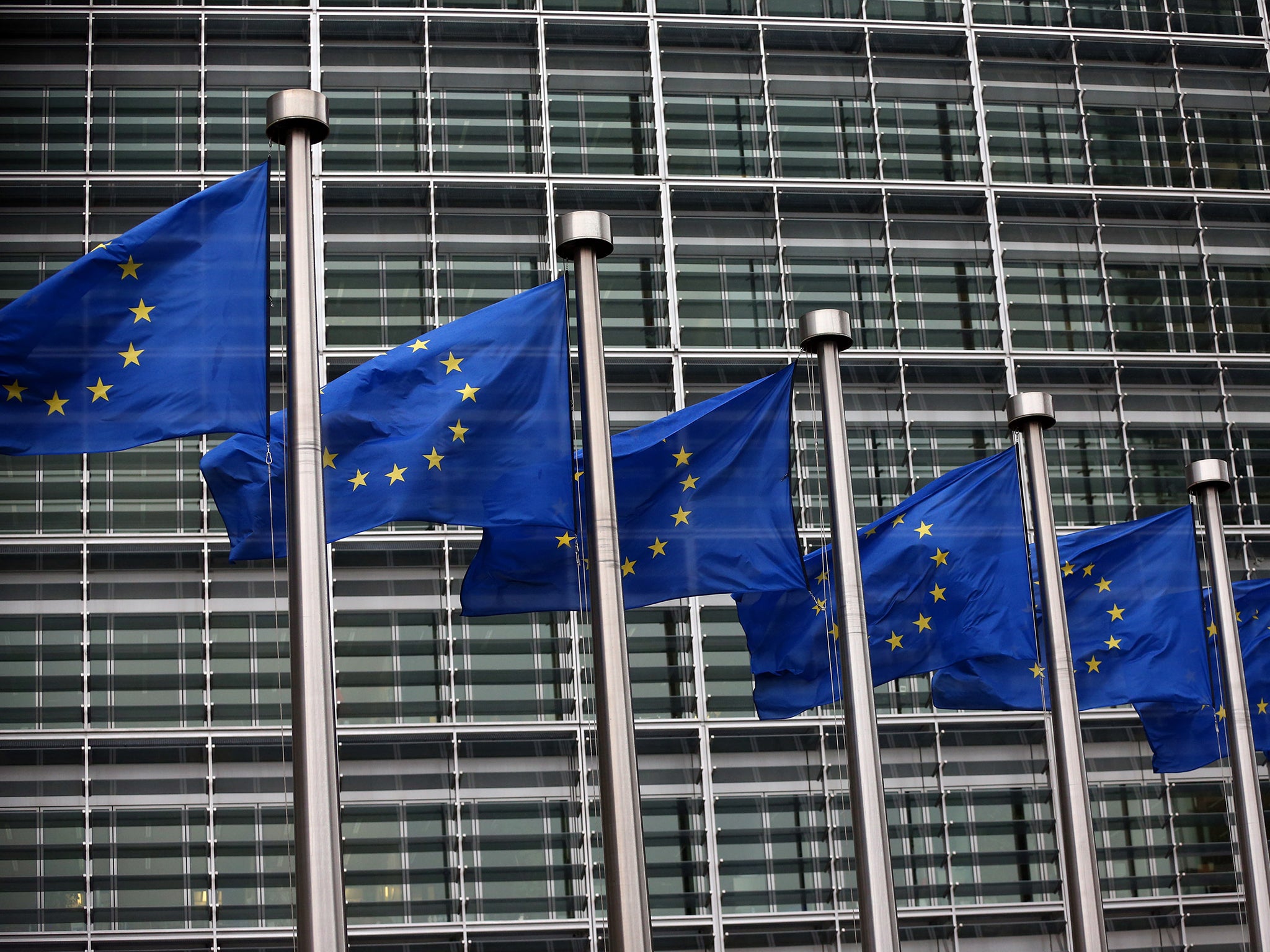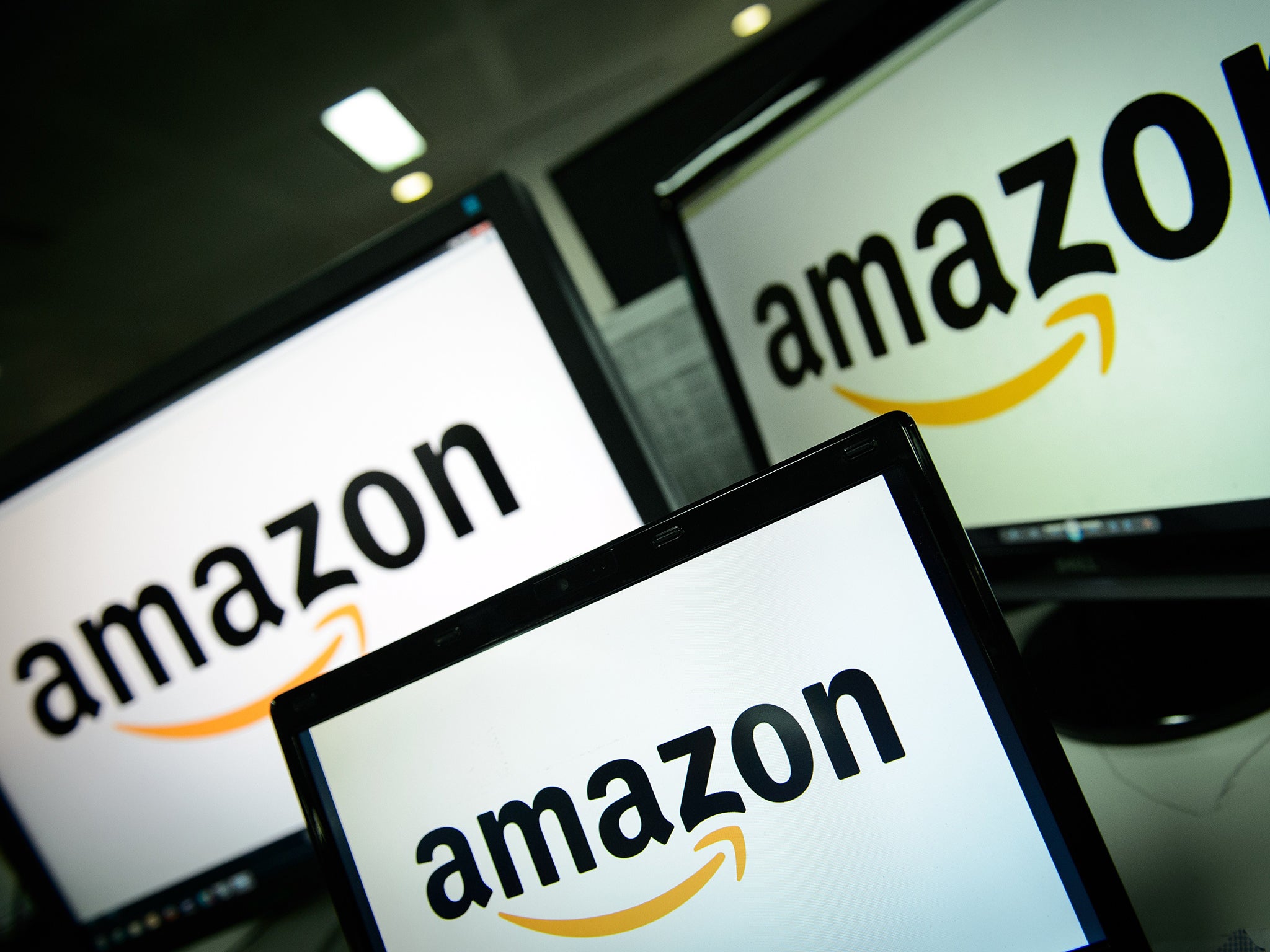Tax scandal probe hit by setback as EU refuses to hand over documents to MEPs
Committee is investigating if multinationals are favoured by EU members

Your support helps us to tell the story
From reproductive rights to climate change to Big Tech, The Independent is on the ground when the story is developing. Whether it's investigating the financials of Elon Musk's pro-Trump PAC or producing our latest documentary, 'The A Word', which shines a light on the American women fighting for reproductive rights, we know how important it is to parse out the facts from the messaging.
At such a critical moment in US history, we need reporters on the ground. Your donation allows us to keep sending journalists to speak to both sides of the story.
The Independent is trusted by Americans across the entire political spectrum. And unlike many other quality news outlets, we choose not to lock Americans out of our reporting and analysis with paywalls. We believe quality journalism should be available to everyone, paid for by those who can afford it.
Your support makes all the difference.The European Commission is refusing to hand over documents to MEPs investigating whether EU member states are using special tax regimes that favour large multinational corporations such as Facebook and Amazon.
EU economics commissioner Pierre Moscovici wrote to the European Parliament’s special committee on tax rulings (TAXE) this week claiming he was unable to give it 25 requested documents without the consent of member states.
“Close to half of the member states my services consulted said they would not consent to transmitting these documents to your special commission”, Mr Moscovici said in the letter, seen by the euobserver website, citing confidentiality as the main reason for refusal to co-operate.

The committee, headed by French MEP Alain Lamassoure, launched its probe into tax rulings among the 28 member states in February. He requested the documents in July and at the time described the way some of the biggest multinationals avoided paying their share into public coffers as “scandalous.”
The committee’s probe followed last year’s “LuxLeaks” revelations when journalists released 28,000 confidential documents on around 500 private tax arrangements between the Luxembourg tax administration and more than 300 multinational corporations. The Luxembourg rulings allowed the firms to pay very little tax and in some cases less than one per cent. Many of the rulings were put in place when the Commission President Jean-Claude Juncker was Luxembourg’s prime minister.
Including Luxembourg MEPs have also travelled to Ireland, the Netherlands, the UK, Belgium and Switzerland during their investigation, which they say has been hampered by a lack of co-operation from corporations.
The TAXE committee invited 18 companies to appear before it to discuss the Luxembourg tax rulings – but just four turned up: Airbus, oil and gas company Total S.A., energy supplier SSE and financial firm BNP Paribas.
Five companies, including Amazon UK and HSBC, declined “due to ongoing investigation”. The Commission is still examining whether the decision by Luxembourg’s tax authorities with regard to the corporate income tax to be paid by Amazon in Luxembourg comply with the EU rules on state aid.
The remaining companies, including Facebook, Coca Cola and IKEA, declined the committee’s invitation.
German MEP Fabio de Masi told euobserver: “IKEA even went further. They ignored us and then invited us to a lobby event on taxation.”
A spokesman for the Swedish furniture giant said: “The IKEA Group welcomes and follows with interest initiatives to clarify tax situations and changes of tax legislations for multinational companies. During the last five years corporate income tax and other taxes amounted to about €6.8 billion for the IKEA Group and we believe this to be in accordance with being a good taxpayer.”
Google also declined, although it offered to “send its position on tax issues” to the committee.
TAXE will present a draft report on the investigation at its next meeting on Monday. Once their work is complete the 45-member committee will present its findings and recommendations in a final report that is expected to be voted on by all MEPs in November.
Join our commenting forum
Join thought-provoking conversations, follow other Independent readers and see their replies
Comments